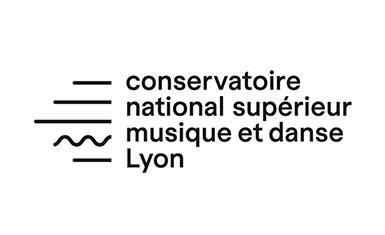
From 09 March to 17 July 2016, the three floors of the macLYON are devoted to the work of Yoko Ono, conceptual from the very beginning and which encompassed performance, instructions, film, music and writing.
This first French retrospective, entitled YOKO ONO Lumière de L’aube gather more than hundred works, from the illustrated poems of 1952 to the big installations of 2016, but also film, performances, etc.
Faithful to the spirit of the work of Yoko Ono, the exhibition has of course to be seen, but also to be heard and above all to be experienced.
More information
It was during the “soirées” at 112 Chambers Street that Yoko presented her first “Instruction Paintings”: Smoke Paintings, Painting To Be Stepped On, Shadow Piece, and Pea Piece, Add Color Painting. She wrote about these in 1966: “Instruction Painting separates painting into two different functions : the instructions and the realization. The work becomes a reality only when others realize the work. Instructions can be realized by different people in many different ways. This allows infinite transformation of the work that the artist himself cannot foresee, and brings the concept of ‘time’ into painting”. It is clear from this that Yoko Ono considers that her œuvre is expressly designed to be definitively uncompleted, to be capable of being performed by anyone and of being reworked over time, and re-performed on any occasion. And it follows that, since they can be performed anywhere and at any time.
So over the course of 6 years and 8 months, almost by sleight of hand, Yoko Ono brought about a veritable Copernican revolution. Her ideas of text and text-score, instructions, sound, stage, collectives and multiple versions opened incredible vistas for her, which she would go on to broaden and develop in her subsequent works.
We have every reason to wonder why Yoko Ono was thought of (particularly in Europe) as playing a minor role, when she so clearly exerted a major influence on the creation of the Fluxus “spirit” (which she refused to identify with, however). Yes and Imagine suited her well enough.
These days, her work is essential viewing ; it is utterly relevant.
We expect to present an exhibition that would be totally faithful to the work and in harmony with the principle of the instructions, and that would respect its “spirit”.
For Lyon’s show, Yoko Ono has chosen the title Lumière de L’aube. It is generic, in so far as Lumière (Light) is one of the keywords of her œuvre. At the same time, it is rooted in the city’s history because it inevitably recalls that strange invention, which its creators, the Lumière Brothers, predicted would never catch on, namely, the cinema. And for such a young work, Yoko Ono’s, this title is a beautiful beginning, a very nice opening.































